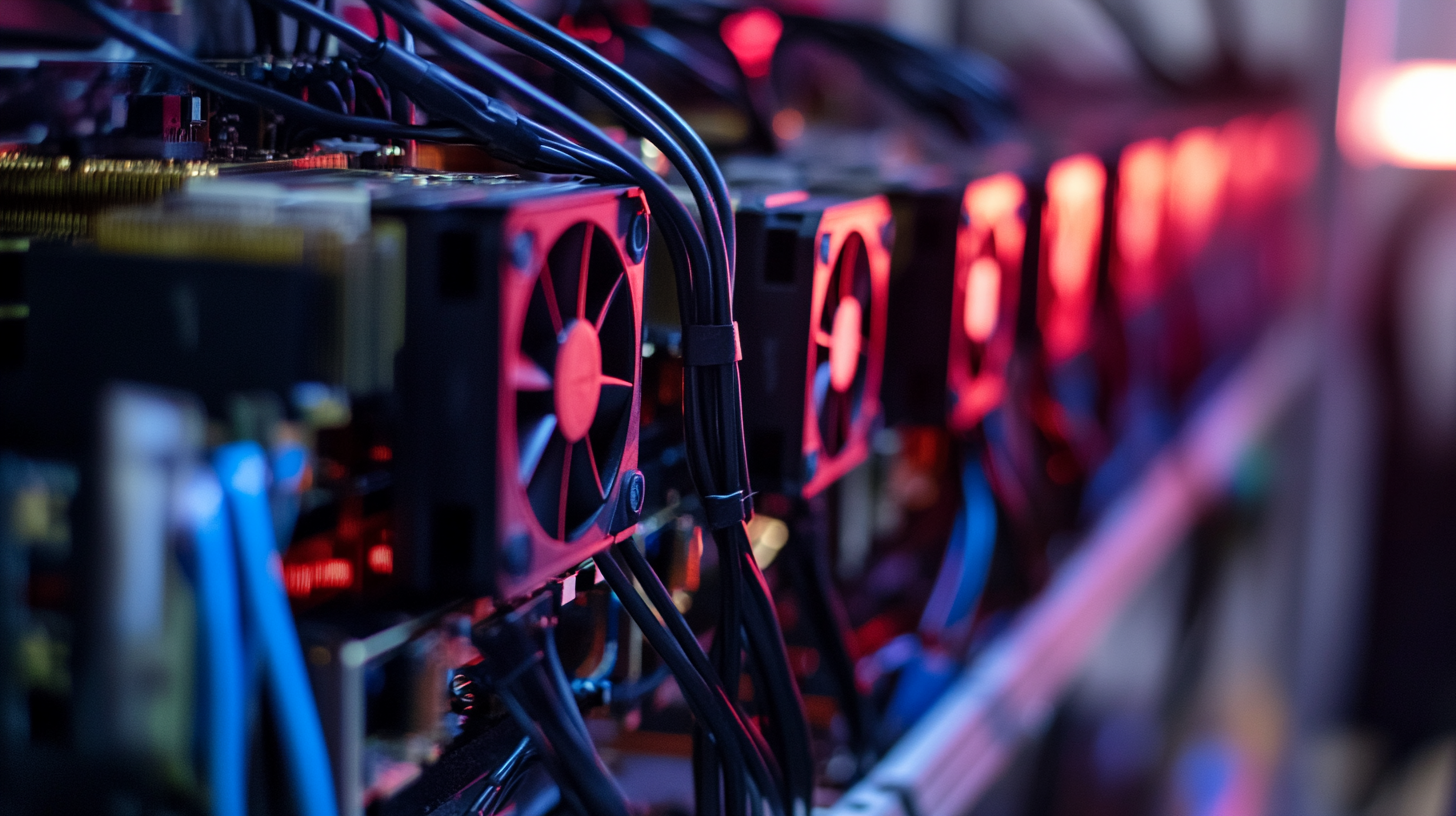Introduction
DNS (Domain Name System) is often referred to as the phonebook of the internet, translating human-readable URLs into machine-friendly IP addresses. A DNS leak occurs when your DNS queries bypass a secure channel, exposing your browsing activity to unauthorized parties. Understanding DNS leaks is crucial for maintaining privacy and securing internet connections.
What is a DNS Leak?
A DNS leak happens when your DNS requests are not routed through the secure servers provided by a VPN or other privacy tools. Instead, they go through your ISP’s DNS servers, revealing your online activity to your internet service provider or other potential snoopers.
This can undermine the security measures of VPNs and compromise user privacy, making it a significant concern for individuals and organizations relying on encrypted connections.

How Do DNS Leaks Occur?
1. Improper VPN Configuration
A misconfigured VPN might fail to route DNS requests securely, resulting in leaks.
2. Transparent DNS Proxies
Some ISPs use transparent proxies to intercept DNS requests, bypassing your chosen DNS settings.
3. Operating System Defaults
Certain operating systems might revert to default DNS settings, ignoring custom configurations.
4. Malicious Attacks
Cyberattacks or malware can redirect DNS requests to rogue servers.
Risks and Implications of DNS Leaks
1. Loss of Privacy
DNS leaks expose your browsing history, allowing ISPs or hackers to track your online activity.
2. Targeted Advertising
Advertisers can use leaked data to serve intrusive ads based on your browsing patterns.
3. Data Breaches
Sensitive data, such as login credentials or financial information, may be intercepted during a leak.
4. Censorship and Restrictions
In regions with internet censorship, DNS leaks can reveal your activity, leading to blocked content or penalties.
Usage of DNS Leaks in Different Areas
1. Cybersecurity
- Threat Detection:
Security analysts use DNS leak testing tools to identify vulnerabilities in networks. - Mitigating Risks:
Organizations implement strict DNS security policies to prevent leaks.
2. Ethical Hacking
- Penetration Testing:
Ethical hackers simulate DNS leaks to assess network security. - Incident Response:
Analyze DNS leaks to understand how breaches occur and how to fix them.
3. Network Diagnostics
- Troubleshooting VPNs:
Network administrators use DNS leak detection to ensure VPNs are configured correctly. - Performance Optimization:
Monitoring DNS leaks helps optimize DNS settings for better speed and reliability.
4. Educational Purposes
- Training Exercises:
IT professionals and students use DNS leak scenarios to learn about secure networking. - Awareness Campaigns:
Educating users about DNS leaks helps promote privacy and safe internet practices.

How to Detect and Prevent DNS Leaks
Detection
- Use DNS leak testing tools such as DNSLeakTest, BrowserLeaks, or ipleak.net.
- Check your DNS settings to ensure they align with your VPN or custom configurations.
Prevention
- Use Reliable VPNs: Choose VPNs with strong DNS leak protection features.
- Configure DNS Manually: Set DNS servers explicitly, like Google Public DNS or OpenDNS.
- Enable IPv6 Leak Protection: Ensure your VPN supports IPv6 to prevent leaks.
- Regular Monitoring: Periodically test for DNS leaks to ensure your setup remains secure.